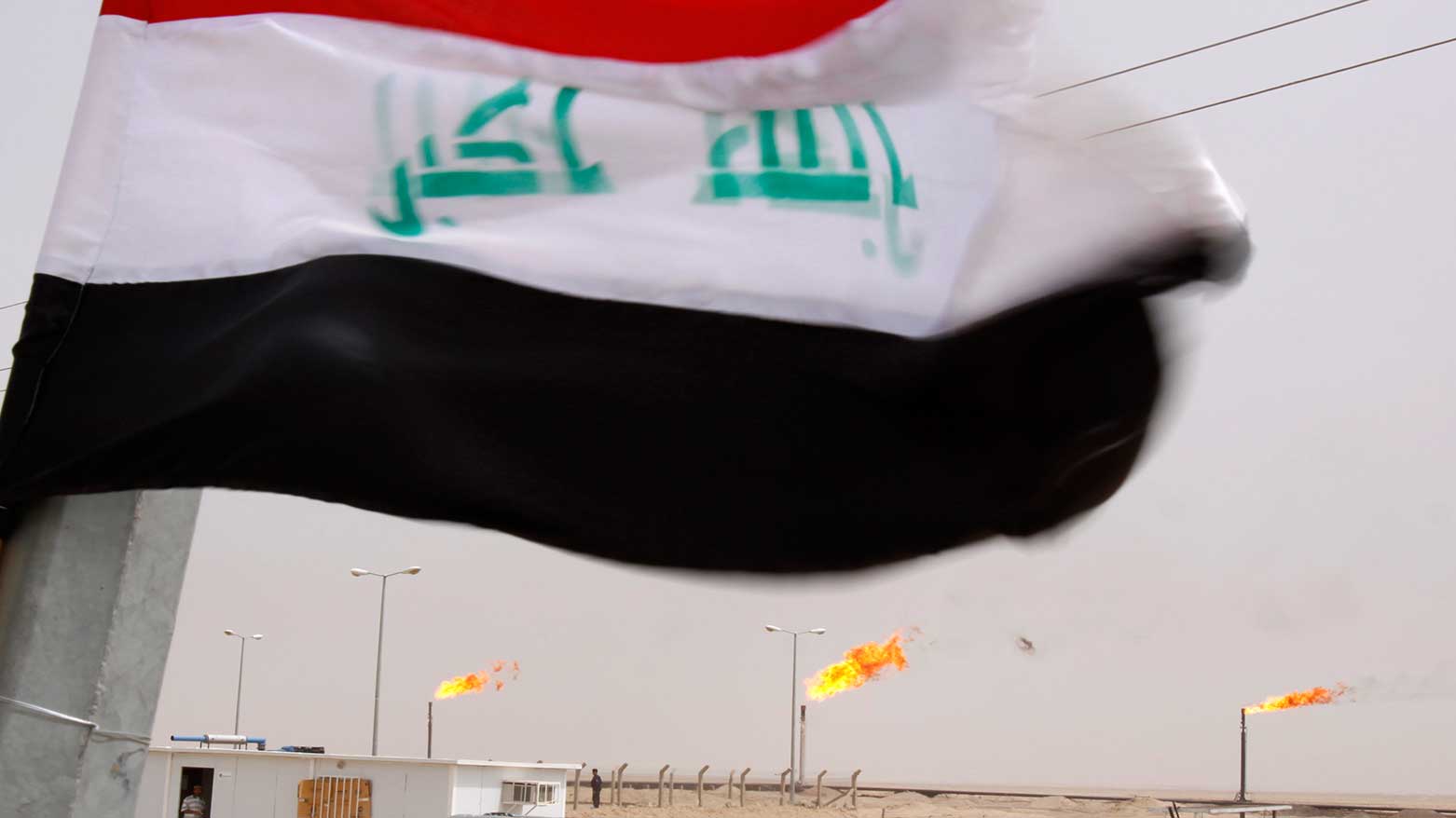Iraq Shifts to Gulf Gas Amid U.S. Sanctions on Iran
According to Shadad, the project is already 30% complete and is expected to facilitate the transport of up to 200 million cubic feet of Gulf gas per day.

ERBIL (Kurdistan24) – The Iraqi government is accelerating efforts to secure alternative gas supplies from the Gulf region following the expiration of a U.S. waiver that previously allowed Baghdad to import Iranian gas. As part of this shift, Iraqi officials announced on Sunday that the government has launched a high-priority project in Basra to ensure a stable energy supply.
The U.S. waiver, which permitted Iraq to bypass sanctions and purchase Iranian gas for electricity generation, expired on Mar. 8. Without this exemption, Baghdad is now barred from continuing these imports, placing significant pressure on Iraq’s power grid.
Ali Shadad, spokesperson for Iraq’s Parliamentary Oil and Gas Committee and member of the National State Forces Alliance of Iraq, led by Ammar Al-Hakim, told Shafaq News Agency that the structure of Iraq’s power plants has exacerbated the situation. “The issue with the Ministry of Electricity is that it built power stations across Iraqi provinces that run exclusively on gas. Meanwhile, Basra’s power plants are hybrid, operating on gas, crude oil, and heavy fuel, which has contributed to the province’s relative energy stability,” he explained.
To mitigate the impact of the sanctions, Iraqi Prime Minister Mohammed Shia' Al-Sudani is allegedly personally overseeing the completion of a strategic gas pipeline project in Basra. The Ministry of Oil commenced work on the pipeline approximately 30 days ago, intending to complete it within 120 days. According to Shadad, the project is already 30% complete and is expected to facilitate the transport of up to 200 million cubic feet of Gulf gas per day.
The U.S. Department of State confirmed on Saturday that it has officially terminated the waivers allowing Iraq to purchase electricity from Iran. This move is part of former President Donald Trump’s “maximum pressure” campaign against Tehran, aimed at curtailing Iran’s nuclear ambitions, restricting its ballistic missile program, and severing its financial ties to armed groups in the region. Washington has firmly opposed any form of economic relief for Iran, reinforcing its commitment to ensuring that Iran does not benefit from international trade.
Farhad Alaaldin, foreign affairs advisor to Iraq’s prime minister, acknowledged that the waiver’s expiration presents a temporary operational challenge. Speaking to Reuters, he emphasized that the government is actively seeking alternative solutions to sustain electricity supplies and minimize potential disruptions. “Enhancing Iraq’s energy security remains a national priority. We are fully committed to boosting domestic production, improving grid efficiency, and investing in new energy technologies,” Alaaldin stated.
Iraq has long relied on Iranian imports for electricity and gas, especially during peak summer months. To maintain energy stability, Baghdad has repeatedly secured temporary waivers from the U.S., often renewed multiple times each year. However, the recent expiration of the waiver signals a potential shift in Iraq’s energy policy.
In December 2024, Iraq signed an agreement with Turkmenistan to import up to 20 million cubic meters of gas per day via Iranian pipelines under a swap arrangement. However, the deal has yet to take effect due to technical complications, according to Iraq’s Ministry of Electricity.
Iraq’s Search for Energy Independence
Iraq’s heavy reliance on Iranian gas has long been a focal point in U.S. sanctions policy. Since Washington withdrew from the Joint Comprehensive Plan of Action (JCPOA) in 2018, the U.S. has intensified its economic crackdown on Tehran, targeting key sectors such as energy and banking.
The latest U.S. decision to revoke Iraq’s waiver is a continuation of Washington’s broader strategy to curb Iran’s regional influence. With growing diplomatic efforts to diversify its energy sources, Iraq is now accelerating deals with Gulf nations, Turkmenistan, and domestic energy producers to secure long-term stability. The success of these efforts will be crucial in determining whether Baghdad can navigate the energy crisis without further economic and political instability.
